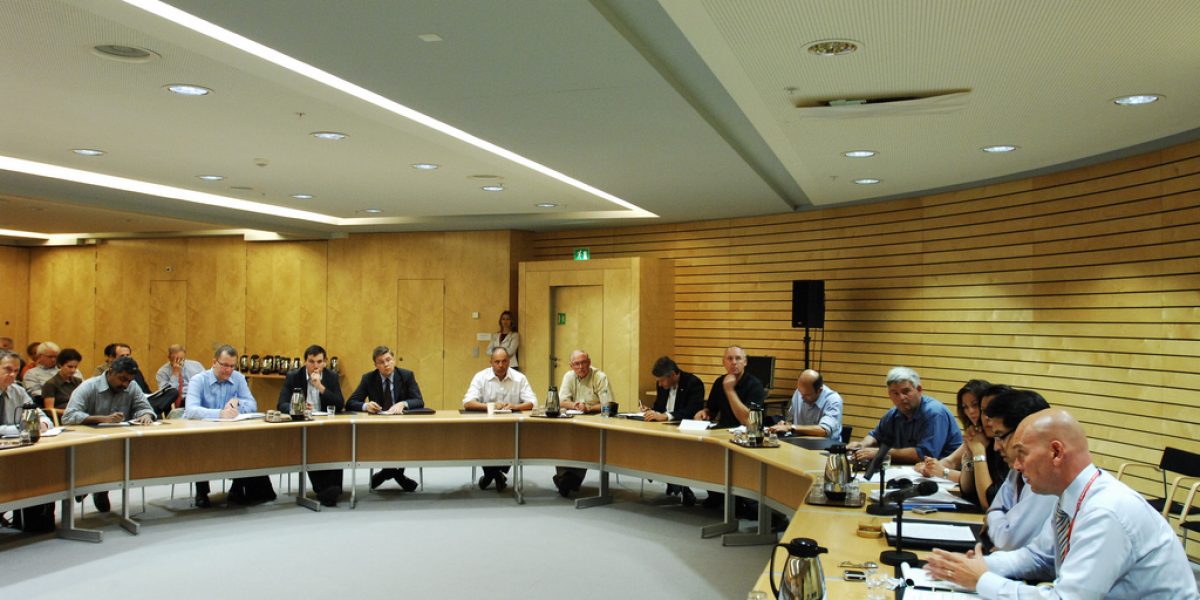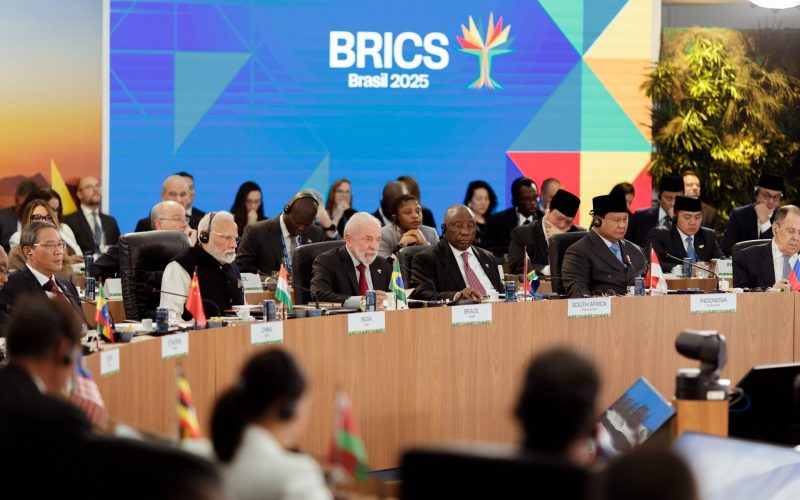The Geneva talks failed for well-known reasons: the European Union (EU) and India’s intransigence over reforming agricultural tariffs (they offered lower tariffs but clung to wholesale exemptions – “sensitive products” for the EU and “special products” for India); and the US’s intransigence over its domestic agricultural subsidies (currently about $19bn of actual expenditure out of $22bn allowed, whereas reform proponents would like to see the latter at about $15bn).
Developing country industrial tariffs, the other side of Pascal Lamy’s (equilateral?) triangle, were not even discussed.
Much ink has since been spilled in spelling out the consequences of failing to conclude the round. For me the most poignant is that a substantial deal is there for the taking. More would be nice, but given current political realities in the developed world, that is wishful thinking. We should not lose the opportunity to lock in what is already on the table lest it be withdrawn.
Hence, I have never understood the call by anti-globalisation activists and those opposed to trade liberalisation for developing countries to hold out for more under the catchy refrain: “No deal is better than a bad deal.” The developing world cannot afford such muddled thinking.
So is it possible to get the round back on track?
Much depends on the US. Crucially, and contrary to thinking in some quarters, the window of opportunity for concluding a deal is likely to narrow after the November Congressional elections.
Everyone expects the Republicans to lose some seats – the question is how many. Why does that matter? Two reasons.
First, recall that president George W Bush’s initial trade promotion authority (TPA) attempt passed by just one vote in the House in 2002 and only 21 Democrats voted “aye”.
That was a historical aberration – every other US president that obtained TPA (Clinton didn’t) managed to cobble together a broad bipartisan consensus. Bush House Republicans steamrollered their vision of TPA through but still couldn’t secure total Republican support. A reduced Republican majority in the House after November would make it more difficult to extend TPA – an absolute necessity if the round is to conclude. Furthermore, Bush’s authority over Congressional Republicans is waning; and Susan Schwab, his new trade representative, does not enjoy much authority in Congress.
Second, increased Democrat representation in the House brings with it all the issues dear to Democrats: extending labour rights and environmental agreements into the World Trade Organisation (WTO).
Both are totally opposed across the developing world, especially in Asia, where they are regarded as thinly veiled protectionism. This is a recipe for global gridlock, never mind paralysis in the US.
Since the Geneva failure, much of the inevitable blame game has targeted the US – unfairly in my view. It is clear that for Schwab to deliver a deal she has to have more on the table.
It is also clear that the major developed country agricultural protectionists (the EU, Japan, Switzerland, Norway, and the G-10) and their developing country allies (India, Indonesia, the G-33, and the Africa group) do not want to see major agricultural reforms.
The US has always indicated a willingness to take the knife to its domestic protection provided others do the same: budgetary pressures make this inevitable at some point; and its current crop programmes (subsidies are spread across five major field crops) are vulnerable to challenge in the WTO.
But those reforms will not be forthcoming as long as others seek wholesale exemptions.
What happens next?
One theory gaining currency is that Schwab will push for a simultaneous extension of TPA and the US Farm Bill (which expires in 2007) by one year. That would best be done before the next Congress is sworn in, i.e. this year.
If this is achieved, it would allow sufficient time to conclude the round – provided enough is on the table to satisfy the next Congress. And therein lies the rub: it is far from clear that the next Congress will be favourably disposed; if not, the WTO may slip into the abyss.
A variant – more appropriately dubbed a conspiracy theory – has it that the US allowed the Geneva talks to fail in order to concentrate global minds on what could be lost if the US doesn’t sign up. This variant foresees more concessions from the EU and big developing countries once the stakes are starkly apparent – sufficient to commit the next Congress.
Yet this would risk running ashore on the rocks of French obstructionism in light of their 2007 presidential elections. So, if true this variant would be high-stakes poker indeed.
In conclusion, I am reminded of Einstein’s possibly impudent comment: “God does not play dice with the Universe.” Perhaps George Bush does with the multilateral trading system?








